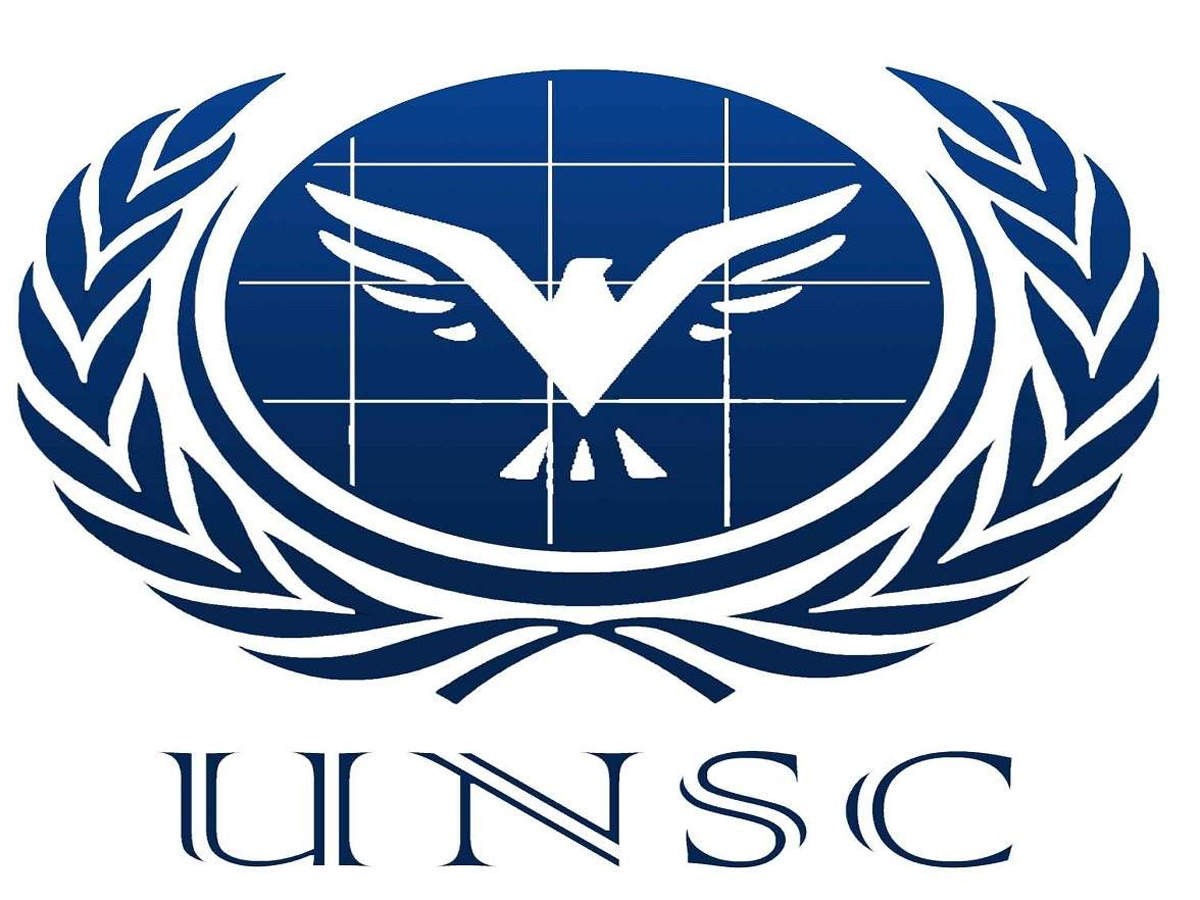Free Courses Sale ends Soon, Get It Now


Free Courses Sale ends Soon, Get It Now



Disclaimer: Copyright infringement not intended.
Context: The ISIL and Al-Qaida Sanctions Committee of the UN Security Council (UNSC) has placed Abdul Rehman Makki, a fundraiser and key planner of the Pakistan-based terrorist outfit Lashkar-e-Taiba (LeT), on its sanctions list.
Details:
India at UNSC:
Composition of UN Security Council:
The UN Security Council is composed of:
Powers of the UNSC President:
Responsibilities of the UNSC president include:
Veto power of UNSC member states:
UN Sanctions:
Sanctions Committees:
https://epaper.thehindu.com/Home/ShareArticle?OrgId=GPMAOUEE6.1&imageview=0
© 2024 iasgyan. All right reserved